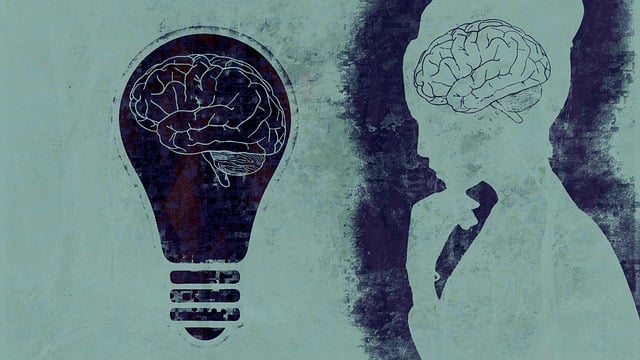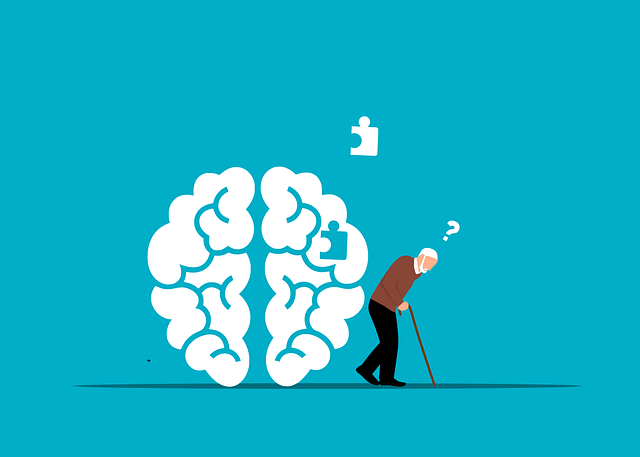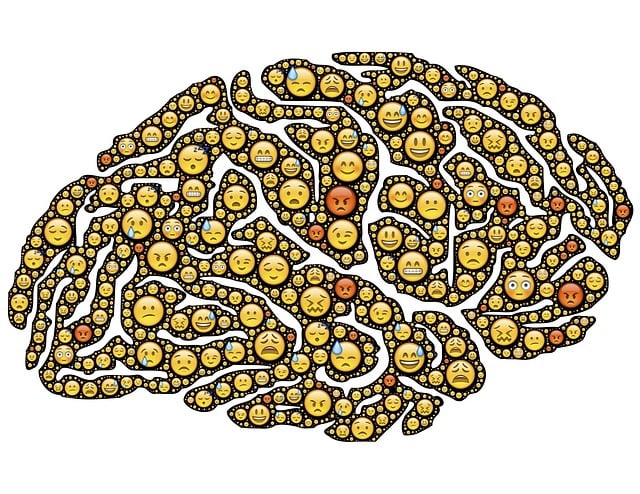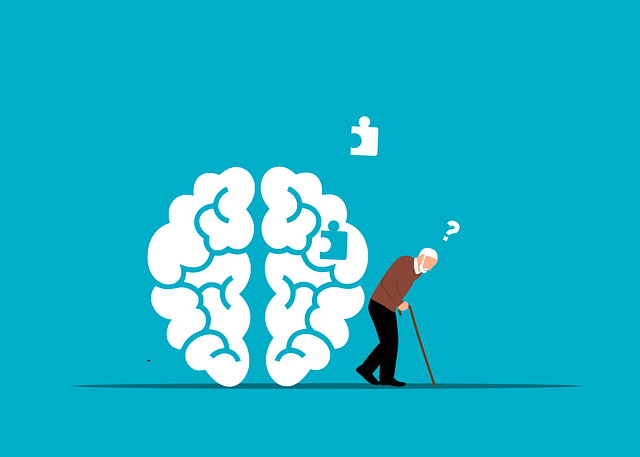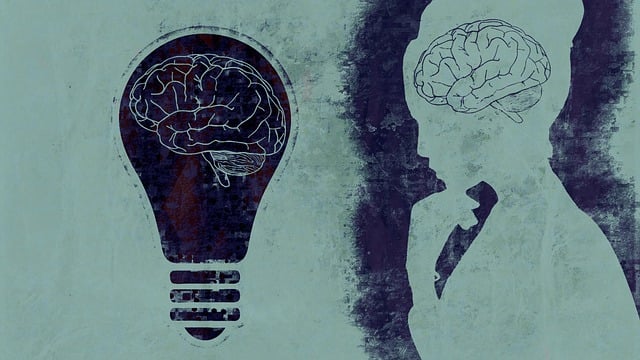Cultural sensitivity in mental healthcare is crucial for providing tailored, respectful care in diverse societies. Techniques like Wheat Ridge EMDR Certified Therapy integrate cultural understanding with effective trauma support, improving mental health outcomes. By recognizing and navigating cultural differences, therapists can create safe spaces, foster trust, and adapt treatment to individual needs, leading to stronger therapeutic relationships. Continuous learning about diverse cultures and burnout prevention are essential for maintaining sensitivity in mental healthcare practices.
In today’s diverse society, cultural sensitivity in mental healthcare is paramount. Understanding and addressing cultural differences can significantly impact treatment outcomes. This article explores key aspects of cultural sensitivity in mental health practice, focusing on strategies to overcome biases and enhance patient-therapist relationships. We delve into Wheat Ridge EMDR Certified Therapy as a culturally competent approach, offering hope for effective care tailored to individual needs. By examining these methods, we aim to improve access to quality mental healthcare services for all.
- Understanding Cultural Sensitivity in Mental Healthcare
- The Impact of Cultural Biases on Therapy
- Wheat Ridge EMDR Certified Therapy: A Approach to Cultural Competence
- Enhancing Patient-Therapist Relationships through Cultural Awareness
- Strategies for Providing Culturally Sensitive Care
Understanding Cultural Sensitivity in Mental Healthcare

Cultural sensitivity in mental healthcare is a critical aspect that ensures practitioners provide services tailored to patients’ diverse cultural backgrounds and beliefs. It involves recognizing and appreciating the unique ways individuals from various ethnic, racial, and social groups perceive and express emotions, as well as their experiences with trauma and healing. In today’s diverse societies, where patients may come from vastly different cultures, mental health professionals must be equipped to offer empathetic care that respects these differences.
For instance, techniques like EMDR (Eye Movement Desensitization and Reprocessing), offered by Wheat Ridge EMDR Certified Therapists, have shown effectiveness in trauma support services. These approaches consider cultural nuances, ensuring they are accessible and meaningful to patients from diverse communities. By integrating emotional well-being promotion techniques that align with a patient’s cultural context, therapists can facilitate depression prevention and overall mental health improvement, fostering an inclusive environment where every individual feels understood and supported.
The Impact of Cultural Biases on Therapy

Cultural biases can significantly impact therapy sessions, often leading to misunderstandings and ineffective treatment approaches. Therapists with Wheat Ridge EMDR Certified Therapy training recognize that every client comes from a unique cultural background, which shapes their experiences, beliefs, and expressions of distress. These biases can be subtle or explicit, influencing how individuals perceive mental health issues and respond to therapeutic interventions. For instance, different cultures may have distinct concepts of emotional regulation, with varying methods for coping and seeking support.
When these cultural differences are overlooked, therapy might not resonate with the client’s reality. A mental wellness journaling exercise guidance or a mental wellness podcast series production can be powerful tools to explore these cultural nuances. By incorporating cultural sensitivity, therapists ensure that their practices are inclusive and effective, fostering an environment where clients feel seen, heard, and understood, ultimately enhancing the therapeutic outcome.
Wheat Ridge EMDR Certified Therapy: A Approach to Cultural Competence

Wheat Ridge EMDR Certified Therapy offers a powerful approach to cultural competence within mental healthcare. This therapeutic method focuses on helping individuals process and heal from traumatic memories while considering their unique cultural backgrounds. By combining elements of Eye Movement Desensitization and Reprocessing (EMDR) with a deep understanding of diverse cultures, therapists can create a safe and supportive environment for clients.
The therapy facilitates the development of coping skills and conflict resolution techniques that are culturally tailored. It empowers healthcare providers to offer more inclusive care by enhancing their cultural competency training. This approach ensures that every client, regardless of their background, receives respectful and effective treatment, fostering better outcomes and stronger therapeutic relationships.
Enhancing Patient-Therapist Relationships through Cultural Awareness

In a diverse society like ours, cultural sensitivity is paramount in mental healthcare to foster genuine connections between patients and therapists. Understanding a patient’s cultural background, values, and beliefs can significantly enhance the therapeutic relationship. This awareness allows therapists to create a safe and inclusive environment, where patients feel seen, heard, and respected. For instance, integrating practices such as Wheat Ridge EMDR Certified Therapy can tap into a patient’s cultural resources while addressing trauma, ensuring that treatment aligns with their inherent strengths and perspectives.
By cultivating cultural awareness, therapists can adapt their communication styles, interpretation of behaviors, and intervention strategies to meet the unique needs of each patient. This approach not only improves therapeutic outcomes but also promotes trust and collaboration. Moreover, incorporating Stress Reduction Methods and Self-Care Practices, coupled with Compassion Cultivation Practices, can bridge cultural gaps, enabling therapists to better support their patients on their journey towards mental well-being.
Strategies for Providing Culturally Sensitive Care

Providing culturally sensitive care requires mental healthcare practitioners to actively embrace and integrate cultural competencies into their practices. This involves a deep understanding of clients’ backgrounds, beliefs, and values, allowing for personalized treatment approaches. One effective strategy is to offer Wheat Ridge EMDR Certified Therapy, which has proven successful in treating trauma while respecting individual cultural expressions. By incorporating this method, therapists can facilitate healing while maintaining cultural sensitivity.
Additionally, healthcare providers should engage in continuous learning about diverse cultures and incorporate burnout prevention strategies to sustain resilience. This includes staying informed about the latest research in mental health policy analysis and advocacy, ensuring that services are accessible and culturally appropriate. Through these methods, mental healthcare practitioners can create a safe and supportive environment, fostering better outcomes for all clients.
Cultural sensitivity in mental healthcare is no longer a consideration, but an essential practice. By understanding and addressing cultural biases, therapists can create more inclusive and effective treatment plans. Wheat Ridge EMDR Certified Therapy offers a promising approach to cultural competence, fostering patient-therapist relationships built on awareness and respect. Implementing strategies for culturally sensitive care ensures that all individuals receive the highest quality of mental health services tailored to their unique backgrounds.

